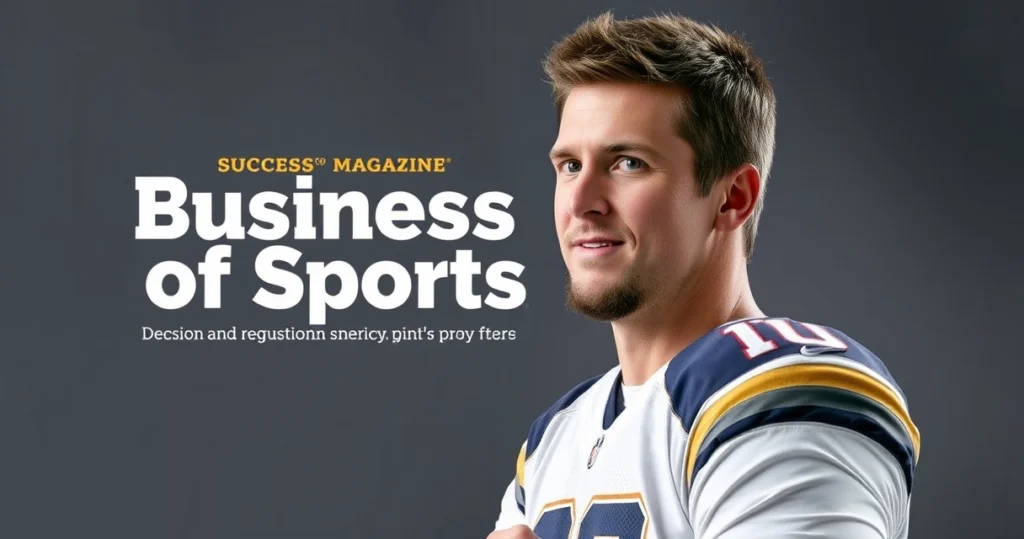Katie Boulter Exposes Shocking Online Abuse Messages She Received
In a brave and bold move, British tennis player Katie Boulter has come forward to reveal the shocking messages of online abuse she has faced on social media. As a prominent figure in the sporting world, Boulter’s experiences shed light on the broader issue of social media harassment that many professional athletes endure. The emotional toll of such abuse can be devastating, raising important questions about mental health and the responsibilities of social media platforms in curbing harmful behavior.

As the British number two, Boulter’s journey through professional tennis is not just marked by her achievements on the court but also by the challenges she faces off it. The prevalence of online abuse in sports has gained significant attention, and Boulter’s candid sharing of her experiences serves as a crucial reminder of the need for athlete support and mental health awareness. In this article, we will delve into the nature of the abuse she received, its impact on mental health, and the larger implications for athletes dealing with online harassment.
The Nature of Online Abuse in Sports
Online abuse has become a persistent issue within the sports community, affecting athletes across various disciplines. The anonymity provided by social media platforms often emboldens individuals to express hateful and damaging sentiments without consequence. For athletes like Katie Boulter, who have millions of followers, this can lead to a barrage of negative messages that can be both hurtful and demoralizing.
Types of Online Abuse
- Personal Attacks: Many messages target an athlete’s appearance, intelligence, or character, often with the intention to demean.
- Threats: Some messages include threats of violence or intimidation, creating a hostile environment for the athlete.
- Harassment: Continuous messaging and tagging can overwhelm athletes, making it difficult for them to engage positively with their fan base.
- Body Shaming: Many athletes face criticism regarding their physical appearance, which can have detrimental effects on their self-esteem and mental health.
Katie Boulter’s Experience with Social Media Harassment
Katie Boulter’s experience with online abuse has been particularly distressing. In her candid revelations, she showcased some of the messages she has received, highlighting the harsh reality many athletes face. These messages range from cruel remarks about her performance to deeply personal attacks on her character and appearance.
Sharing the Messages
By sharing these messages, Boulter aims to raise awareness about the impact of online abuse on athletes’ mental health. The messages she received not only reflect a lack of respect and understanding but also bring to light the urgent need for a cultural shift in how fans interact with sports figures on social media.
The Impact on Mental Health
The psychological effects of online abuse can be profound. For athletes, the pressure of performance is already immense; adding the burden of social media harassment can lead to anxiety, depression, and a host of other mental health issues. Boulter’s disclosure serves as a poignant reminder of the human side of professional sports.
Mental Health Challenges Faced by Athletes
- Anxiety: Constant scrutiny and negative feedback can lead to heightened anxiety levels, affecting performance and overall well-being.
- Depression: Prolonged exposure to online abuse can trigger feelings of hopelessness and depression, making it challenging for athletes to maintain their motivation.
- Isolation: Athletes may feel isolated due to the negative interactions, leading to a reluctance to engage with fans and the broader community.
- Burnout: The stress from both performance expectations and online harassment can lead to mental exhaustion and burnout.
Support and Resources for Athletes
It is essential for athletes to have access to support systems that can help them cope with the challenges posed by online abuse. Organizations dedicated to athlete welfare are crucial in providing resources, counseling, and education on mental health management.
Available Support Systems
- Mental Health Professionals: Access to therapists and counselors trained in sports psychology can provide athletes with coping strategies.
- Peer Support Groups: Connecting with fellow athletes who have experienced similar challenges can foster a sense of community and understanding.
- Social Media Training: Educating athletes on how to manage their online presence and respond to negative messages is vital.
- Advocacy Organizations: Groups that focus on mental health in sports can help raise awareness and promote initiatives aimed at reducing online abuse.
Conclusion
Katie Boulter’s brave revelation about the online abuse she has faced highlights a critical issue within the sports community. The emotional toll of social media harassment can severely impact an athlete’s mental health and overall well-being. It is imperative for society to foster a supportive environment for athletes, ensuring they have the resources to cope with such challenges. As sports fans, we must also take responsibility for our actions on social media, promoting a culture of respect and empathy. By coming together to address these issues, we can help create a safer space for athletes and encourage open dialogues about mental health in sports.
FAQ
1. What kind of online abuse do athletes typically face?
Athletes often face personal attacks, threats, harassment, and body shaming through social media platforms.
2. How does online abuse affect an athlete’s mental health?
Online abuse can lead to anxiety, depression, isolation, and burnout, significantly impacting an athlete’s performance and well-being.
3. What can be done to support athletes facing online harassment?
Providing access to mental health professionals, peer support groups, and social media training can help athletes cope with online abuse.
4. How can fans contribute to a safer online environment for athletes?
Fans can promote a culture of respect by refraining from negative comments, supporting athletes positively, and reporting abusive behavior on social media platforms.
5. What resources are available for athletes dealing with mental health issues?
Resources include mental health professionals, advocacy organizations, and peer support networks tailored to athletes’ needs.
📰 Original Source
Este artigo foi baseado em informações de: https://www.bbc.com/sport/tennis/videos/c07deeknnjdo


